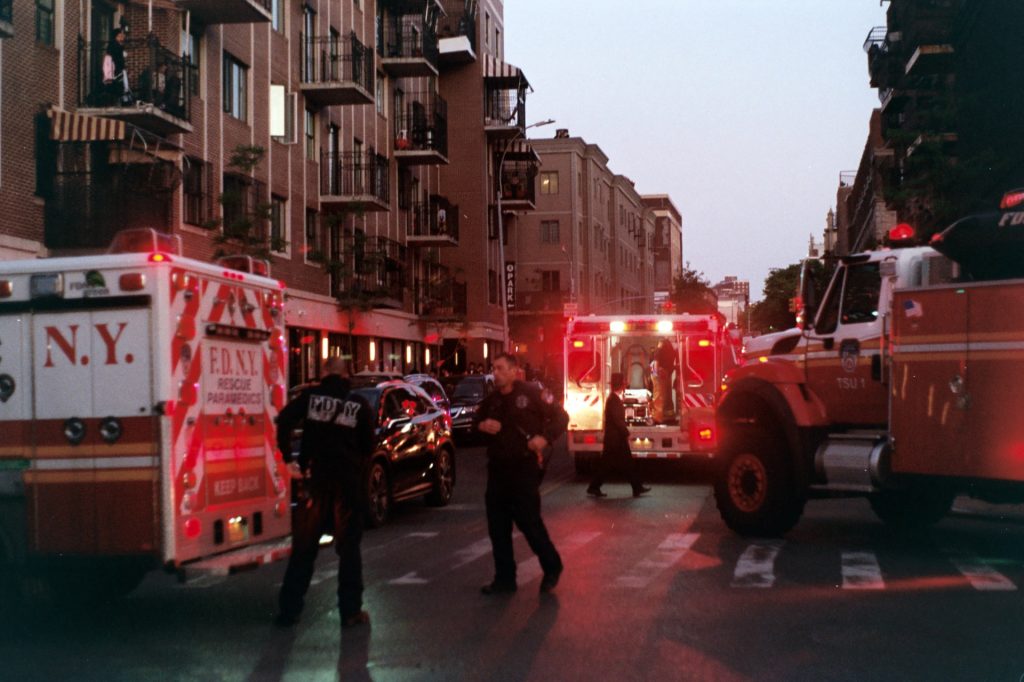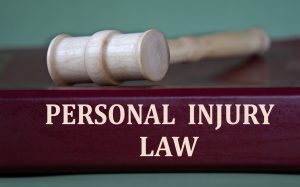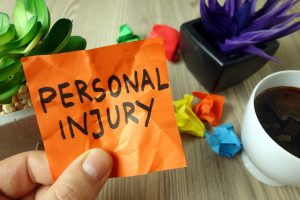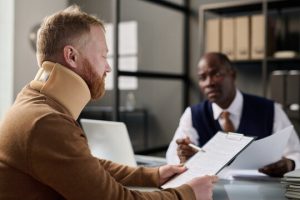Accidents can be frightening, and it's easy to become overwhelmed. But it's important to take a few deep breaths and gather your thoughts before taking any action. In this blog post, we will outline what you should do after being involved in an accident.
Assess the situation first
The first step is to assess the situation. If you are able, check to see if anyone has been injured. If there are injuries, call 911 immediately. Even if the injuries seem minor, it's always best to err on the side of caution and seek medical attention right away.
Get checked out by a doctor as soon as possible, even if you don't think you're injured. Some injuries, such as whiplash, may not present themselves immediately. By getting checked out by a medical professional, you can ensure that any injuries are treated promptly.
If you are able, drive your car to the side of the road. If not, turn on your hazard lights so that other drivers will be aware. Once you have done this, check on everyone for injuries and administer first aid if necessary.
Take photos of the scene
If you have a camera or smartphone, take photos of the scene. These photos can be helpful in documenting the accident and can be used as evidence if you need to file an insurance claim or police report.
Be sure to get photos of any damage to your vehicle, as well as any debris on the road. This will all be helpful later on when you seek a legal expert to help you with the accident. If there are skid marks, take a photo of those as well. If possible, try to get photos that show the whole accident scene, as well as close-ups of any damage.

Exchange information with the other driver
Once you have made sure everyone is okay and you have taken photos of the scene, it's time to exchange information with the other driver. You will need to get the following information from the other driver:
- Name
- Contact information
- Insurance company name and policy number
It's important to get this information from the other driver so that you can contact their insurance company if necessary. If the other driver does not have insurance, you may need to file a claim with your own insurance company.
Call the police
If you've been involved in an accident, it's always a good idea to call the police. The police can help to document the accident and can also assist with any insurance claims or legal proceedings that may arise.
In some states, calling the police is required by law if there is property damage or personal injury involved. Even if it's not required, it's always a good idea to have a police report on file.
Find a lawyer
When accidents happen, it's important to have an experienced lawyer on your side. An accident lawyer can help you navigate the legal process and can ensure that you are fairly compensated for your injuries. The usual contingency fee for an accident lawyer is one-third of the settlement. Make sure to choose a lawyer who has experience handling accident cases and who you feel comfortable with.
Filing an insurance claim
After you've been in an accident, you will need to file an insurance claim. This can be a complicated process, so it's important to have all of the necessary information. Be sure to have the following information when you file your claim:
- Your insurance policy number
- Their name and contact info
- Insurance info
- A police report (if one was filed) Take photos of the scene and damage done to your vehicle.
Your insurance company will use this information to process your claim. Once your claim is approved, you will be able to get your car repaired and receive compensation for any injuries you may have sustained.
Get the compensation you deserve
If you've been in an accident, you may be entitled to compensation. Compensation can include payment for medical bills, lost wages, and pain and suffering. An experienced lawyer can help you get the compensation you deserve. Therefore, it is crucial to take action right away and ensure that your rights are protected.
To conclude, if you've been in an accident, there are certain steps you should take to protect yourself and your rights. Be sure to exchange information with the other driver, call the police, and take photos of the scene. You should also file an insurance claim and contact a lawyer to get the compensation you deserve. In that way, you can be confident that you are taking the necessary steps to protect yourself and your interests.





















